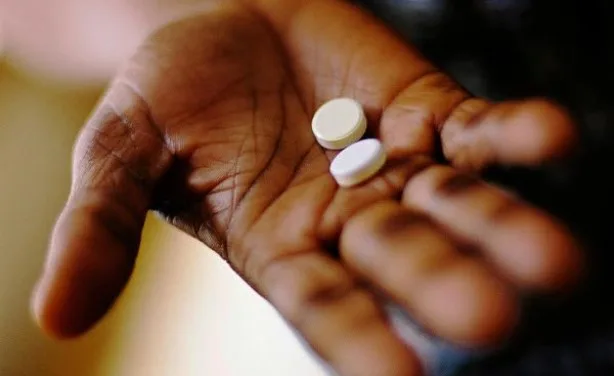Harare, (New Ziana) – Zimbabwe has been selected as one of only ten countries worldwide to introduce lenacapavir, a twice-yearly injectable hailed as a game-changer in the fight against HIV.
The United States Embassy in Harare confirmed the development in a statement this week, announcing that the program will be rolled out in collaboration with global pharmaceutical company Gilead Sciences and the Global Fund.
The decision places Zimbabwe at the forefront of innovative HIV prevention strategies, reflecting both international confidence in its health response and the country’s ongoing efforts to tackle the epidemic. Lenacapavir has been described as a breakthrough medicine because of its long-acting properties and high effectiveness.
Unlike daily oral pre-exposure prophylaxis (PrEP) tablets, the injection only needs to be administered twice a year. Clinical trials revealed striking results, with more than 99 percent of participants remaining HIV-negative during the study period.
The U.S. Embassy said the Zimbabwe rollout will prioritize pregnant and breastfeeding women, while also strengthening local health systems and ensuring that access to the drug is both equitable and affordable.
“This is more than medicine—it is a pathway toward a safer, stronger, and healthier future,” the embassy said, describing the initiative as a powerful example of international cooperation in global health. The launch of lenacapavir comes at a time when Zimbabwe is being recognized for significant strides in its fight against HIV.
According to the World Health Organization’s 2024 World AIDS Day report, the country successfully met the UNAIDS 95-95-95 targets for adults. This means that at least 95 percent of people living with HIV know their status, 95 percent of those diagnosed are on treatment, and 95 percent of those on treatment have achieved viral suppression.
These achievements reflect years of investment in HIV testing, treatment, and awareness campaigns, supported by both government and international partners. However, new infections—particularly among young women and adolescent girls—remain a major concern.
If scaled up successfully, lenacapavir could transform HIV prevention strategies in high-burden countries and accelerate the goal of ending AIDS as a public health threat by 2030.
New Ziana



